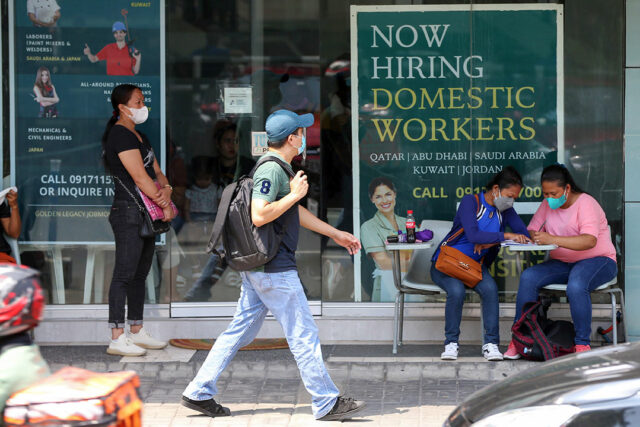EU investigates Ozempic, weight-loss drug Saxenda after suicidal thoughts reported
THE EUROPEAN Medicines Agency (EMA) is investigating Novo Nordisk’s diabetes drug Ozempic and weight-loss treatment Saxenda after Iceland’s health regulator flagged three cases of patients thinking about suicide or self-harm.
Shares of the Danish drugmaker fell 1% on Monday following the news.
An EMA safety committee is looking into adverse events raised by the Icelandic Medicines Agency, including two cases of suicidal thoughts in those who used Ozempic, which contains the active ingredient semaglutide, and Saxenda, the regulator said.
Another patient on Saxenda, Novo’s earlier and less effective weight-loss drug that contains the active ingredient liraglutide, reported thoughts of self-injury, the agency said.
Iceland’s drugs regulator did not immediately respond to requests for details.
Novo Nordisk said patient safety was top priority and it treated all reports about adverse events very seriously. Its own safety monitoring so far found no “causal association” between the self-harming thoughts and the drugs, it said in a statement.
The EMA’s investigation centers on medicines that contain either semaglutide or liraglutide. Novo’s obesity treatment Wegovy, for which demand has surged in the United States, contains semaglutide.
The review was announced weeks after the regulator raised a thyroid cancer safety signal, a means to monitor potentially adverse effects, on several of Novo’s products containing semaglutide.
Suicidal thoughts are not listed as a side effect in the Europeam Union (EU) product information for either drug.
In the United States, however, prescribing instructions for Wegovy recommend that patients are monitored for suicidal thoughts or behavior.
According to the US Food and Drug Administration (FDA) Adverse Event Reporting System (FAERS) Public Dashboard, there have been at least 60 reports of suicidal ideation since 2018 from patients on semaglutide or their health care providers.
FAERS has received at least 70 such reports since 2010 from users of liraglutide or their health care providers.
Information in these reports has not been verified and the existence of a report is not proof of causation, the FDA says.
The FDA said it monitors safety of drugs throughout their life cycle. Wegovy’s trials did not suggest increased risk of suicidal behavior, but the drug’s label contains a warning for suicidal behavior and ideation because of risks associated with other weight management drugs, the regulator said.
SENSITIVE
Although Iceland’s regulator has flagged only three cases, the issue of suicidal thoughts linked to weight-loss drugs is sensitive and has hobbled previous attempts by the drug industry to develop lucrative weight-loss drugs.
In clinical trials for Ozempic and Saxenda, Novo excluded people with a history of psychiatric disorders or recent suicidal behavior.
Sanofi’s Acomplia, which never won US approval, was withdrawn in Europe in 2008 after being linked to suicidal thoughts.
Acomplia was designed to modify parts of the nervous system that regulate appetite. New weight-loss drugs such as Wegovy regulate appetite by mimicking a gut hormone, and not directly interfering with brain chemistry.
Diet pills Contrave by Orexigen Therapeutics and Qsymia by Vivus, Inc., approved in the US in 2014 and 2012, respectively, carry warnings on their labels about increased risk of suicidal thoughts.
Markus Manns, senior portfolio manager at Union Investment and a Novo shareholder, said that a low incidence of suicidal thoughts might be acceptable for a drug against Type 2 diabetes but not for a weight-loss drug.
The EMA said on Monday it would consider whether the review should be extended to other medicines of the same class, known as GLP-1 receptor agonists.
The EMA’s ongoing thyroid cancer investigation includes all GLP-1s.
Other drugs in the class include Eli Lilly and Co’s Mounjaro. Lilly did not respond to a question from Reuters on whether the EMA had contacted them to provide data for the new investigation.
Penny Ward, a visiting professor in pharmaceutical medicine at Kings College in London and an expert on EU drug safety monitoring, said the most likely outcome of the investigation would be a change in the drug’s label in the EU to carry a warning of the possible side effect of suicidal thoughts.
Another drug safety expert, who spoke on condition of anonymity, said the small size of Iceland’s population might have led regulators to consider only a few adverse event cases were a significant proportion and worth investigating. — Reuters












